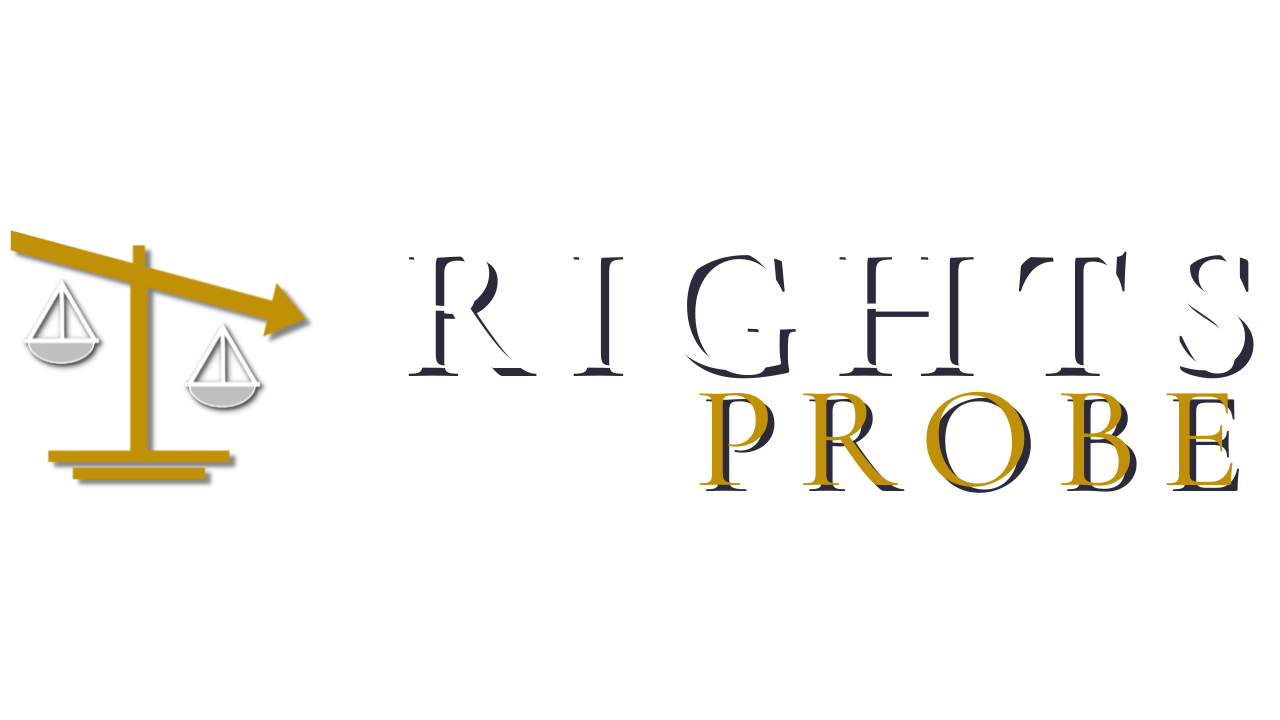Blame Canada? Justin Trudeau creates blueprint for dystopia in horrific speech bill
By Matt Taibbi | Racket News
Summary
On February 21st, Canadian Prime Minister Justin Trudeau announced the introduction of the Online Harms Act, or Bill C-63, described in Canadian media as a “bill to protect kids.” However, scrutiny revealed the bill extended well beyond child protection and carried wide-reaching implications for speech and societal transformation.
Trudeau’s creation of a turbo-charged social surveillance law targets big platforms like Facebook and Twitter to “self police,” but secondarily targets individuals, doling out civil and criminal penalties for speech and thought on a scale not seen anywhere. What constitutes hateful conduct?
“It’s impossible to know what exactly it’s going to mean,” says Bruce Pardy, Executive Director of Rights Probe. “So you’re going to have to rely upon the court in a criminal prosecution, or the human rights tribunal in a human rights proceeding, to put their own interpretation on that, and figure out where the line is.”
The backstory of laws and Supreme Court cases that helped push Canada down a path toward C-63 is long, but this bill nevertheless represents a unique problem. Only a few domestic media outlets have been willing or able to criticize it. Rebel News, led by Ezra Levant, says Canadians need support from the U.S. to sound the alarm on the threat to civil liberties.
Go to the publisher’s website here to read this post in full
